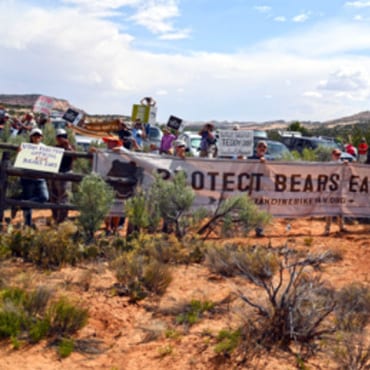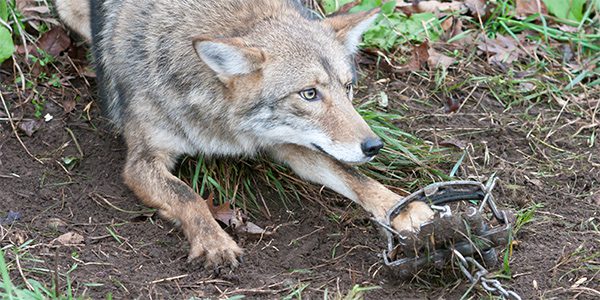Wolf Creek Pass, looking west. Photo Credit: Erik Voss
Village at Wolf Creek – Privatization of public lands
Village at Wolf Creek
For 30 years, Texas billionaire Red McCombs has been throwing money at a ski resort development project squarely in the middle of important Canada lynx habitat atop Wolf Creek Pass near Durango, Colorado. McCombs attempted to secure access to the Village at Wolf Creek ski resort via a land exchange with the Forest Service, but conservationists challenged the deal, resulting in a federal court rejecting it in 2017. McCombs doubled down, appealing the decision in court while also asking the agency to grant access under a different law. On February 28, 2019, the Forest Service caved into McCombs’ demands by granting that access. The conservationists will, once again, head to court.
Wolf Creek Project Location
Village at Wolf Creek
A billionaire wants to build a ski resort squarely in the middle of important Canada lynx habitat.
Village at Wolf Creek – The Details
The Village at Wolf Creek[1] is a proposed upscale ski resort on approximately 300 acres of private land surrounded by the Rio Grande National Forest about 80 miles east of Durango in southwest Colorado. The resort would sit atop Wolf Creek Pass, an important wildlife corridor for threatened Canada lynx. The area also contains rare and ecologically valuable fen wetlands and provides exceptional backcountry recreation opportunities.
The scope of the proposed resort has grown significantly since it was conceived more than 30 years ago. By the turn of the century Texas billionaire Red McCombs had taken control of the venture and the proposal grew from 200 residential units to more than 1,700 units and 220,000 square feet of commercial space, magnifying the proposed resort’s harmful impacts on wildlife, wetlands, water, and air quality.
Two controversial land exchanges—one completed and the other currently blocked by court ruling—have been key to the proposed development. The first, in 1986, was approved despite an initial determination by the Forest Service that the trade was not in the public interest. That trade created a 300-acre in-holding of private land at Wolf Creek Pass. A second trade was proposed in order to acquire the necessary year-round access for the planned resort (a history of the proposal can be found here).
McCombs’s scandalous attempts at obtaining year-round access show the lengths privatizers will go to get their hands on public lands once they smell profit. His efforts have included:
- lobbying then-House Speaker Tom DeLay to attach a rider to a spending bill that would have granted highway access without public review or analysis of environmental impacts;
- arm-twisting the Forest Service to prepare a biased report dismissing many of the environmental impacts of granting access and developing the resort; and
- hiring a lobbyist to find a member of Congress who would introduce legislation directing the Forest Service to implement the second land exchange.
When the lobbyist failed to get any traction with Congress, McCombs hired a land exchange facilitator to propose a trade to the Forest Service. The agency approved the trade that was ultimately blocked by court order in 2017.
The loss in court has not stopped the McCombs venture from continuing with its plan. It appealed the federal district court decision, and soon thereafter filed an application with the Forest Service demanding year-round access for the resort. That demand relied on a provision of the Alaska National Interest Lands Conservation Act (ANILCA) that, despite the Act’s name, the agency has long interpreted as requiring that federal agencies provide access to private in-holdings outside Alaska. Although McCombs lost his appeal of the land exchange decision, the Forest Service did grant road access under ANILCA on February 28, 2019. The same groups that prevailed in 2017 have filed another suit challenging the legality of the Forest Service decision to grant access to the McCombs venture.
The Village at Wolf Creek land trade proposal is hardly unique. Ski areas on National Forests operate under Forest Service-issued special use permits. With Forest Service regulations and policies rightfully limiting development and operations on National Forest land, resort owners seeking higher profit margins from retail and lodging rely on land trades to acquire public land at the base of ski areas. The subsequent development places additional stress on surrounding public lands and wildlife and exacerbates traffic and air- and water-quality problems. It also typically eliminates a cherished public amenity, as lift ticket prices are set beyond the budgets of many local residents.
[1] The Village at Wolf Creek is not associated with the nearby Wolf Creek Ski Area, which is operated by separate owners under a Forest Service special use permit.
Public Lands Privatization Schemes
Learn more about the public lands at risk across the United States.
Dairy Syncline Mine
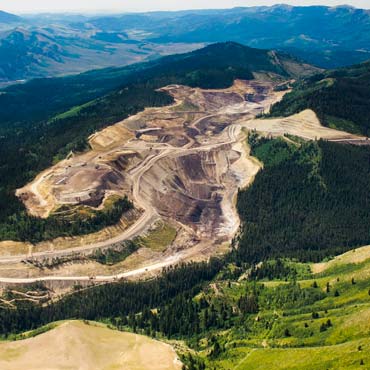
Village at Wolf Creek
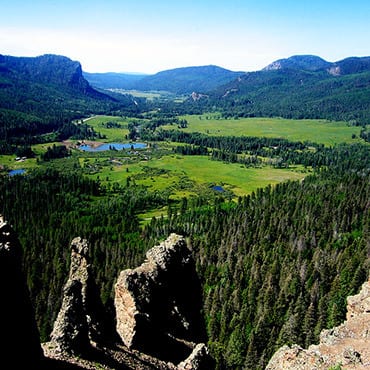
Resolution Copper Mine
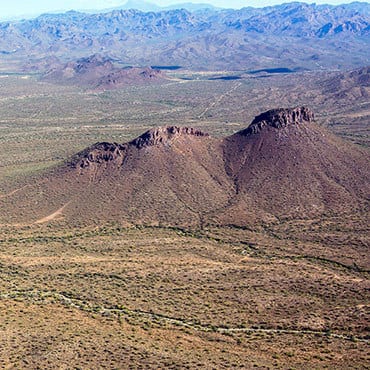
Ray Mine Expansion
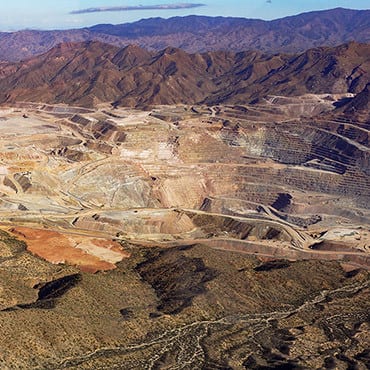
Las Vegas Sprawl
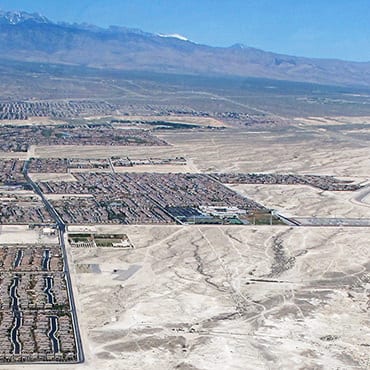
OMYA Mining Public Land Sale
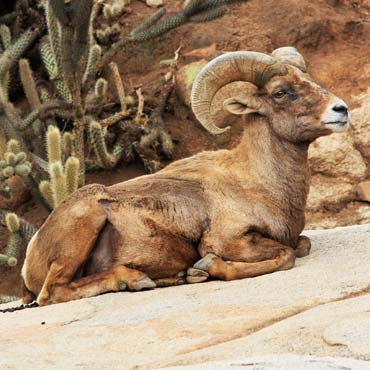
Emery County Public Land Management Act

ONSHORE Act and Federal Land Freedom Act
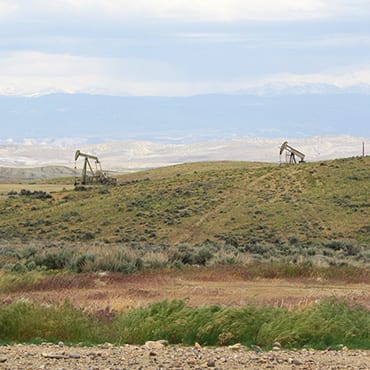
King Cove Land Exchange
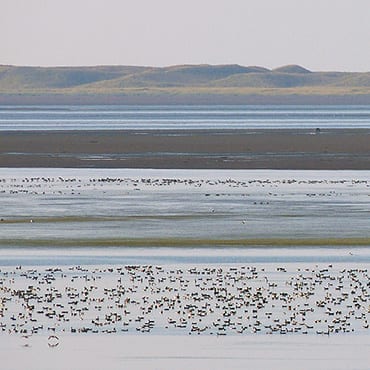
National Monument Reductions
